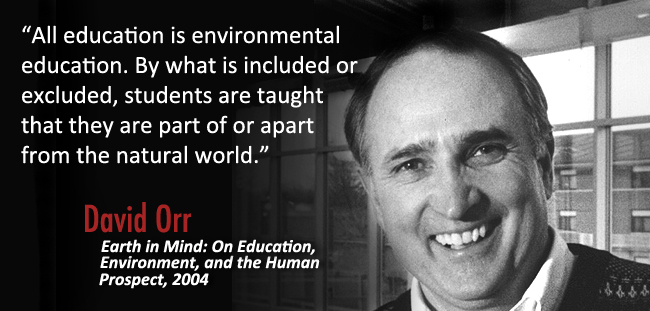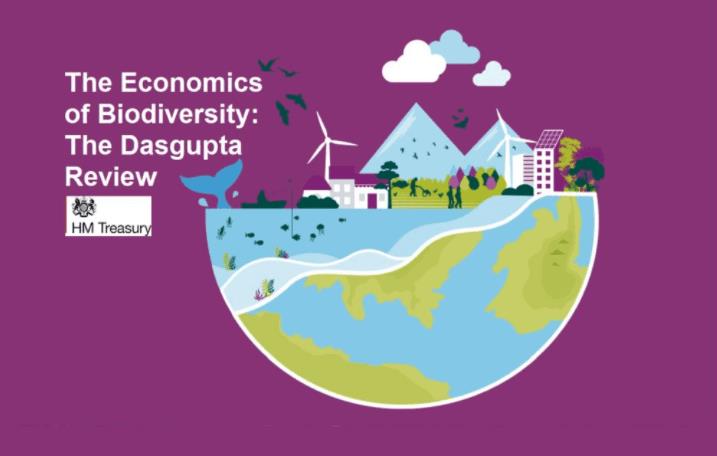Literacy is taken for granted, but there are big gaps in our knowledge.
Eco literacy is more important today than it has ever been yet we suspect it’s not in the school curriculum; at least not in any formal way. This means it’s up to individual teachers and to us, as parents and grandparents, to learn the language of the earth; become fluent in its application and pass it on in how we live, more so than in what we say.
“We should really slap carbon labels on everything. There’s no excuse for not providing people with what should be one of the most important metrics in determining what they buy,” writes Sarah Lazarovic
Our challenge is to work out what matters, what really matters, why it matters, what we need to know to be truly informed and literate. The aim is to have such a good handle on these things that we can clearly articulate the story behind habitat destruction, species decline, marine pollution, waste to resource principles, climate or even inequality between the haves and the have nots. Being able to apply these stories in our homes, businesses and community groups such that they prompt others to enquire and to mimic these ideas would make a big difference, since the way we live reflects the stories we carry in our heads. To have these stories on the agenda item for family conversations, community and corporate boards meetings would go some way to correcting our current literacy deficiencies.
MHCS members range across all sectors of society. We are all connected in some way or another – parents, schools and teachers, small and large business. We can all be part of raising the eco-literacy bar with our goal being toward the highest common denominator rather than what seems like the lowest common denominator of our present shock jock, fake news age.
Having said we need to talk about it. It’s all very well to talk and talk some more. The trouble is we get overtaken by the process of everyday living that seems to swamp many of our good intentions. One practical thing we can do is band together and campaign for labelling laws that require our corporate leaders to disclose the carbon content of their products and also require business to take responsibility for their packaging by adopting (EPR) extended producer responsibility legislation,
As technology makes it easier and easier to calculate a product’s emissions, the industry complaint that figuring out how to do this is untenable or expensive no longer holds water. Large manufacturers track and manage every aspect of their supply chain. (“It’s why they can do things such as get rid of unsustainable suppliers, as the Mars candy company did with palm oil.”) says Sarah Lazarovic.
Munibung Hill could do with a lot less packaging strewn around her shoulders. She would very much appreciate us working to improve labelling laws and having EPR laws related to packaging. She would breathe a sigh of relief.



